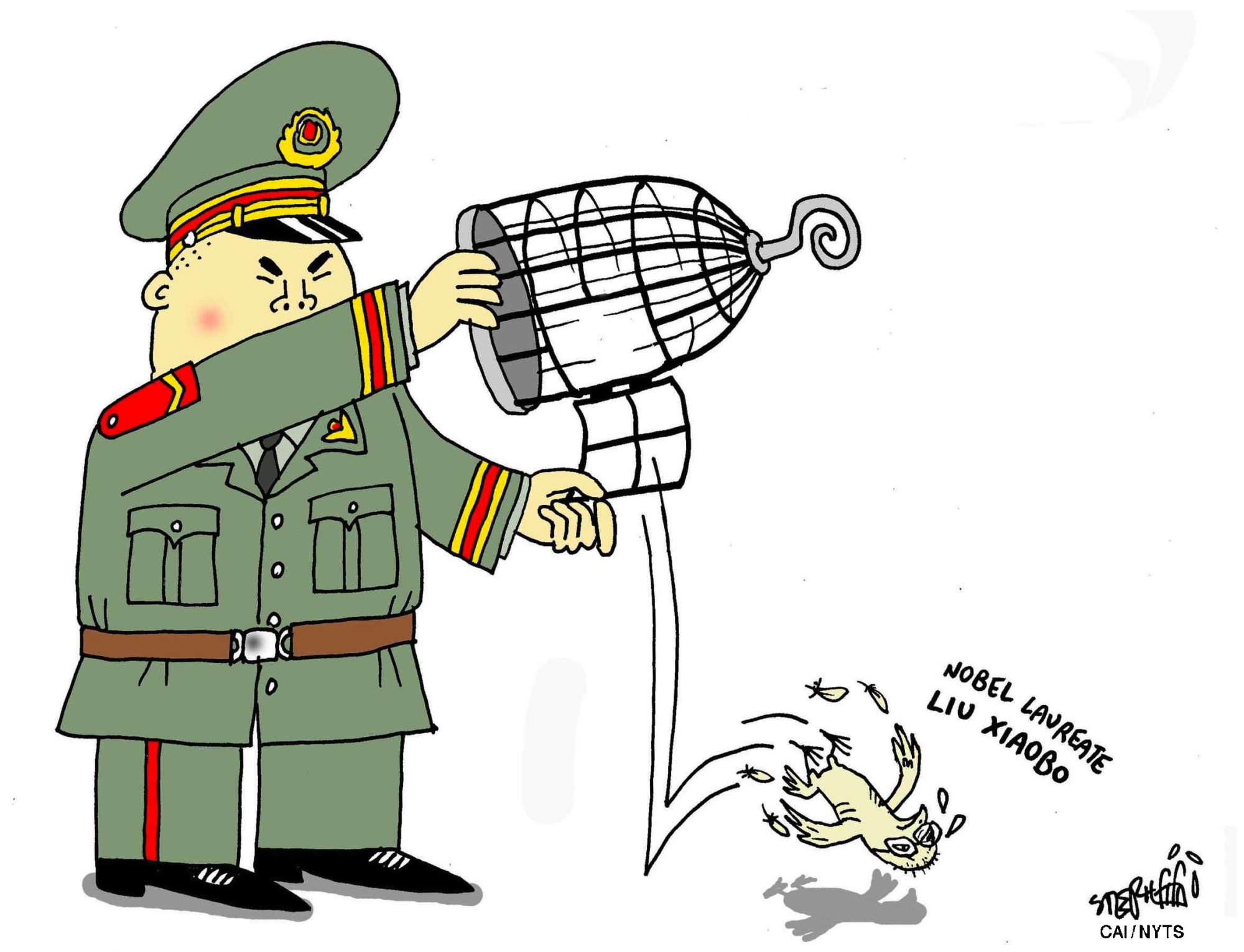The relatively sudden death of Liu Xiaobo, the imprisoned Chinese dissident and Nobel Peace Prize laureate, amounted to a great loss. It also sent a strong message: the Chinese Communist Party leadership is committed to defending its political monopoly by any means and at any cost.
The 61-year-old Liu, a former literary critic and high-profile champion of human rights and non-violent resistance, spent the last eight years of his life behind bars on trumped-up charges of "subversion." His real offense was to call for democracy in China. Even before his imprisonment, he faced constant police surveillance and harassment. When he was awarded the Nobel in 2010, the Chinese authorities not only prevented his family from traveling to Oslo to accept the prize; they placed his wife under house arrest.
The Chinese government's final affront against Liu came last month, when it denied his request to receive treatment for advanced liver cancer. It was an act of senseless cruelty — one that led to Liu's death, in police custody, barely a month after he received his diagnosis. The last time a Nobel laureate met such a fate was in 1938, when the German pacifist Carl von Ossietzky died in Nazi detention.

















With your current subscription plan you can comment on stories. However, before writing your first comment, please create a display name in the Profile section of your subscriber account page.